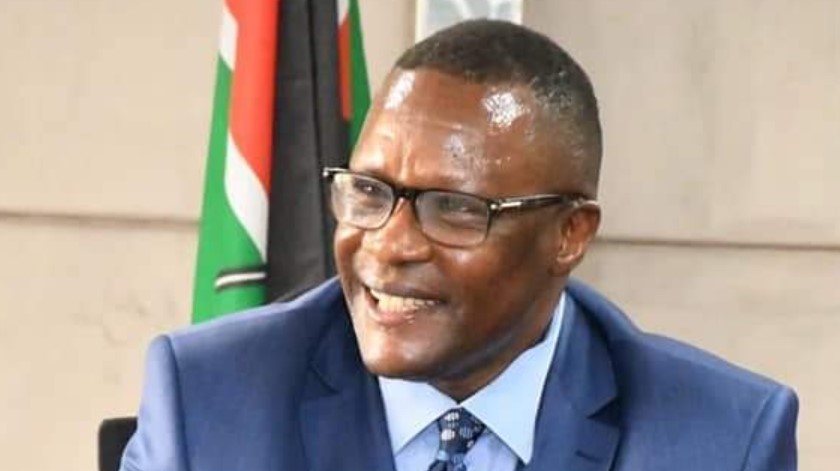The government has announced plans to digitize all government services to enhance digital transformation in the country by boosting digital competitiveness.
The Ministry of Information Communication and The Digital Economy is now implementing the Kenya National Digital Master Plan 2022-2032, as the prime enabler of the country’s digital priorities.
Cabinet Secretary Eliud Owalo said the plan has five key pillars driving the digital transformation agenda that include digital infrastructure, digital services and data management, digital skills, digital entrepreneurship and effective alignment to policy, legal and regulatory frameworks.
Speaking during the official opening of the Third Nation Digital Summit on enhancing Africa’s digital transformation, Owalo said the government is leveraging ICT to deliver more efficient information.
Did you read this?
And public services by digitizing government records and digitalizing 5000 government services.
He said through the E-citizen platform some 839 services have already been boarded onto the portal with an average of 300 services being onboarded weekly to reach the target by June 2023.
“Our proposition of 5,000 services by June is realistic and attainable. We are targeting the private sector so that we get an impact on our economy through the shortest time possible. As part of our digitalization agenda towards a paperless government, the cabinet office and meetings have already been digitized, for efficiency and effectiveness,” said Owalo.
Further, Owalo stated that the government is ensuring that KRA is able to chip in and ensure adequate resources for our tax revenue to be able to expound and bring more people on the tax base and enhance our recurrent and development expenditure.
He said plans are underway to also establish and operationalize the national digital identity which will enable the use of digital technologies to identify Kenyans through a national integrated identity management system that will facilitate a central master database for all citizens.
The CS noted that the database will serve as a primary source of identity for citizens adding that it will enable them to access government services from the comfort of where they are.
Under the digital infrastructure pillar, the government has embarked on providing adequate internet that is available and accessible everywhere.
Owalo said they are expanding the national digital superhighway fiber optic cable by 100,000km over the next five years in partnership with the private sector.
“With cabinet approval now in place, we are now set to roll out an initial 5,000 km by June 2023 and the rest will be done by the private sector,” he said.
On the skills pillar, Owalo said the government is making people digitally literate, equipping them with digital skills for optimal uptake of online opportunities.









